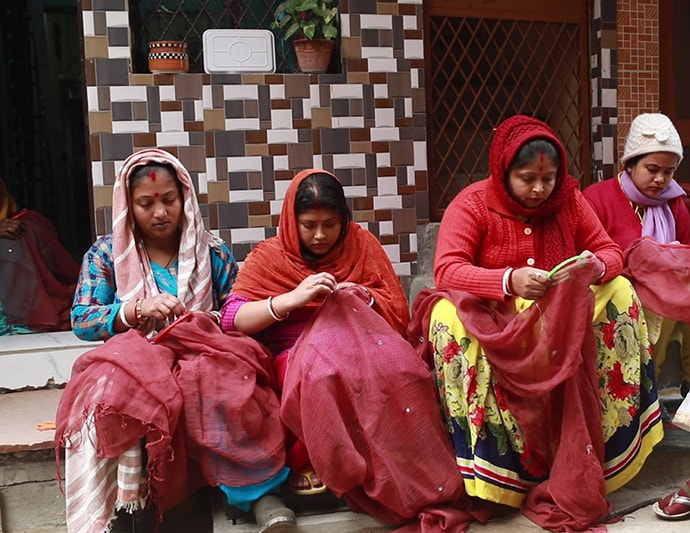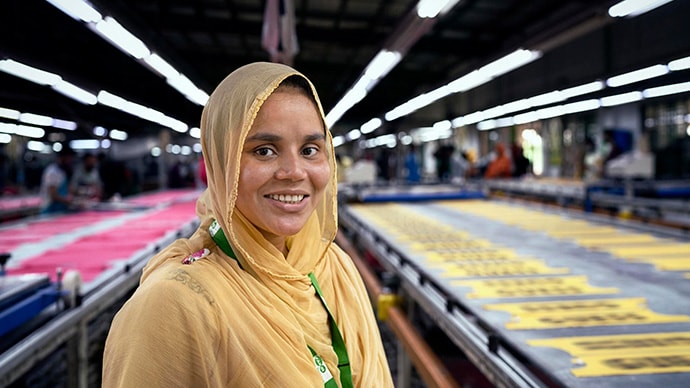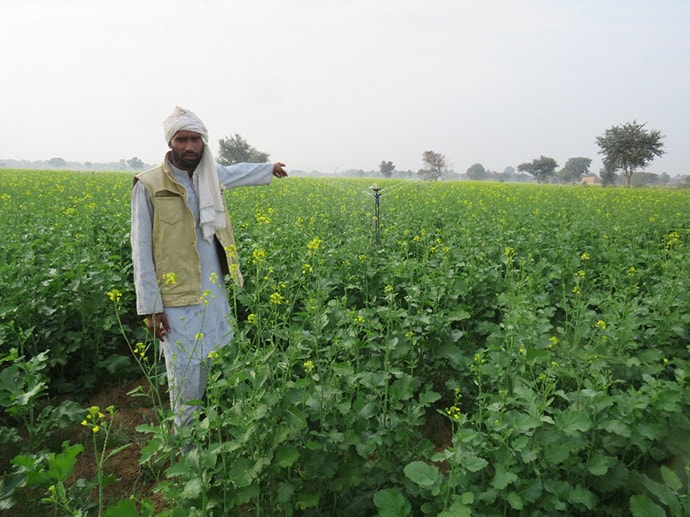Blog
Posted on September 15, 2022
Republished with permission from Upaya Social Ventures and Aspen Network of Development Entrepreneurs

Photo credit: Upaya Social Ventures
The latest IMF growth projections have India pegged to be the fastest growing economy this year. However, if one looks closer, what you see is not what you get. India is a country of contrasts; it is one of the most unequal countries in the world. Even job holders belonging to middle-and upper middle-class families are struggling to make ends meet with rising food prices. Millions of Indian youth entering the workforce continue to struggle to find jobs. The unemployment rate in the country increased to 7.83% in April, with this statistic being even higher for urban India, according to the Centre for Monitoring Indian Economy.
Continue Reading
Posted on August 26, 2022
by Sarah Kershaw

Moushumi works at a garment factory in Bangladesh. She says: When we finally got a toilet in our community, running water and a handwashing station in our factory, it was a massive relief. Credit: WaterAid/ Fabeha Monir
August 23, 2022
WaterAid conducted research over two years in ready-made garment factories in Bangladesh and leather tanneries in India. Our groundbreaking new report shows the results: investing in water, sanitation and hygiene increases productivity, improves health, reduces absenteeism and more.
This project was carried out with support from our corporate partners including Diageo, ekaterra (Unilever), Twinings, HSBC and Gap Inc.
Continue Reading
Posted on August 16, 2022
By: Pooja O. Murada & Arti M Grover, S M Sehgal Foundation

Photo credit: S M Sehgal Foundation
Farming in India is to a great extent rain fed, and the growing population puts tremendous pressure on the agricultural ecosystem. Challenges such as decreasing per acre output, reduction in farm area, and climate change raise questions around the adaptability of Indian agriculture in changing times.
Continue Reading


